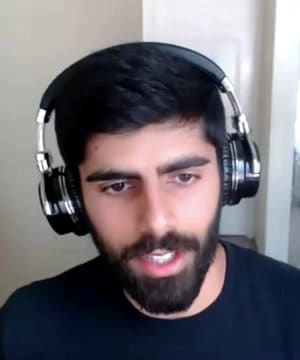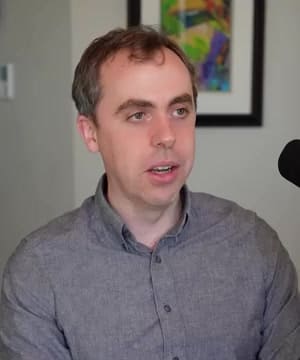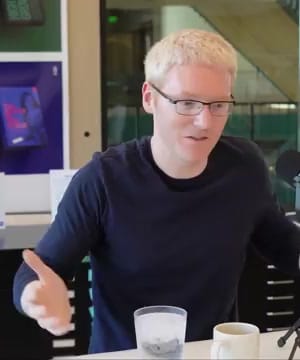Organizational perspective
Sources:
Organizational Perspective Insights from Dwarkesh Patel’s Podcasts
1. Optimizing for the Long Term
- and discuss the difficulty of organizations in optimizing for the long term. Hanson suggests that while long-term thinking should theoretically lead to more successful institutions, real-world unpredictability and a focus on immediate circumstances often hinder this approach. He highlights the importance of collecting resources as a universal strategy, regardless of specific future uncertainties 1.
2. Google Leadership Dynamics
- shares his experiences working within Google, emphasizing the value of having direct access to leadership such as Sergey Brin. This access allows for more effective advocacy for project needs. Bricken notes the nuances of navigating Google's organizational structure, balancing ethical influence, and making substantial arguments through proper channels to drive impactful decisions 2.
3. Impact and Growth in Organizations
- discusses the interplay between organizational size and stakeholder management. He explains that as organizations grow, they must account for a broader array of interests, which can impact their ability to make rapid, disruptive changes. Karnofsky also touches on the inherent trade-offs in growth, suggesting that while growth can reduce nimbleness, it also increases output and reach 3.
4. The Future of AI and Organizational Ethics
- speaks about the potential ethical concerns of AI development within organizational structures. He warns against treating AGI systems purely as tools for profit-making, arguing that this approach could lead to significant societal and moral issues. Christiano emphasizes the need for a cautious and considered development of AI technologies, contrasting the typical profit-driven motives of tech companies with broader societal impacts 4.
5. Lessons from Religion in Organizational Contexts
- Roger's Bacon explores how religious organizational structures can offer insights into effective coordination and achieving collective goals. He suggests that religious practices, which help overcome game theoretic problems like trust and cooperation, could inform better organizational strategies without falling into the pitfalls of dogma 5.
6. Profit Maximization and Political Dynamics in Firms
- discusses the imperfections in profit maximization within firms. He points out that political coalitions within organizations often divert focus from pure profit maximization. Hanson argues that while firms might optimize certain parameters rigorously, political influences can lead to suboptimal decisions in other areas. He suggests that truly optimizing organizations to maximize profits might take centuries of evolution and learning 6.
7. Organizational Evolution and Shareholder Capitalism
- , CEO of Stripe, reflects on the evolution of organizational missions over generations. He notes that initial goals of organizations often become misaligned as leadership changes. Collison also considers the impact of shareholder capitalism on the longevity and incentives of organizations, suggesting that while this might shorten organizational lifespans, it may not necessarily be negative from a broader innovation perspective 7.
These insights from various episodes of provide a multifaceted view on how organizations can navigate long-term goals, leadership dynamics, ethical considerations, and the evolution of their missions over time.
RELATED QUESTIONS





